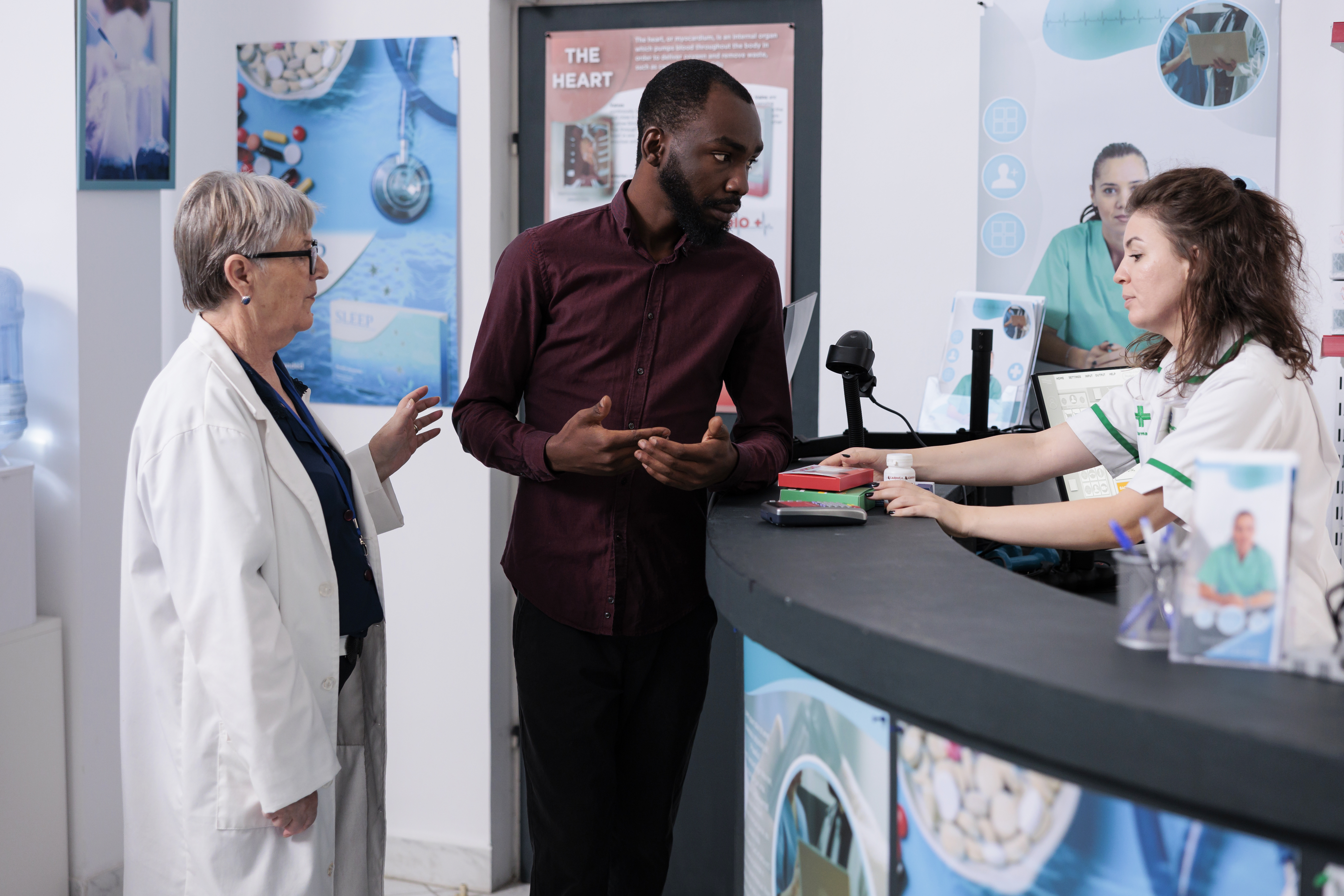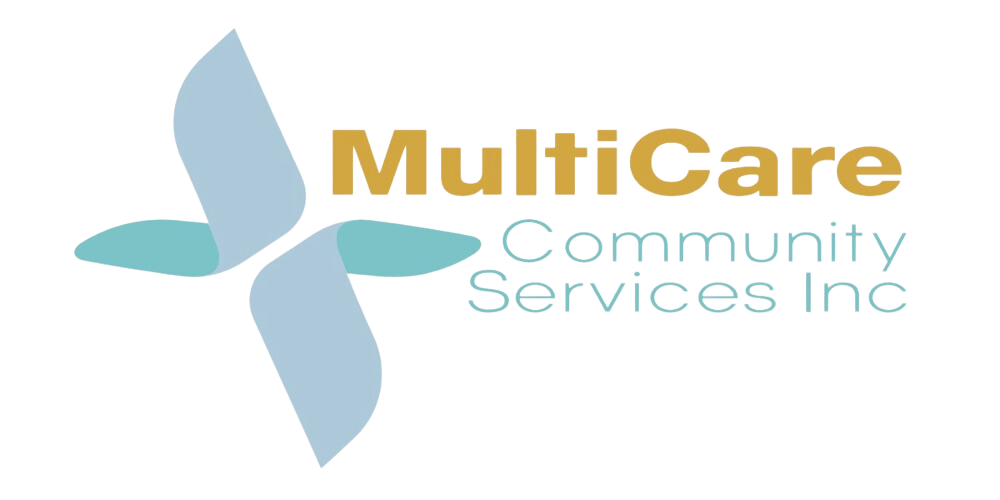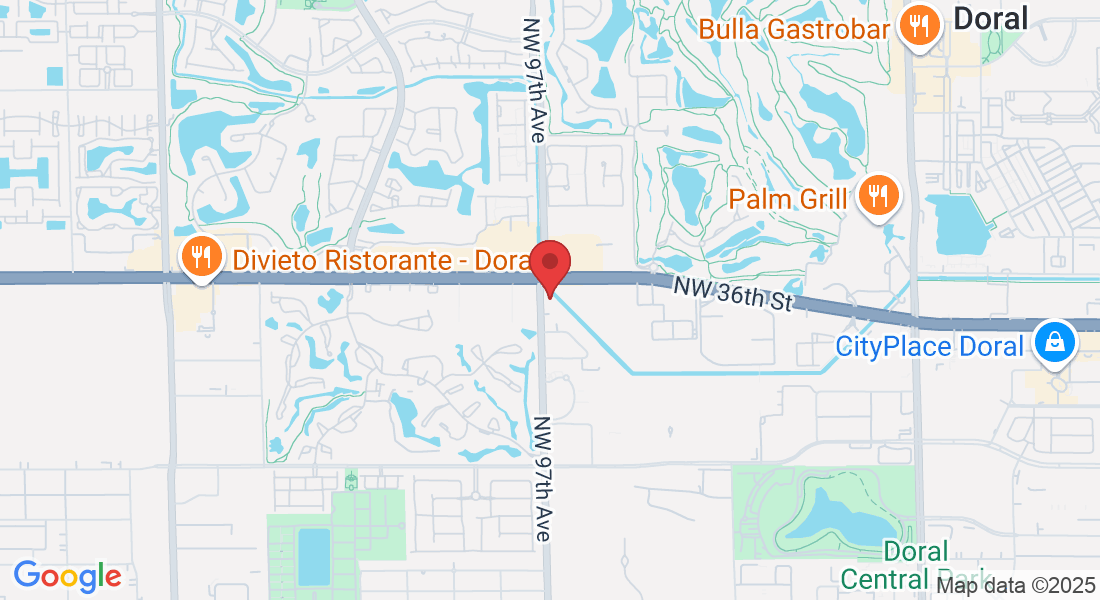Emergency PEP Treatment in Doral, FL – Get Tested for HIV
Multicare Community Services offers immediate access to PEP.
Post-Exposure Prophylaxis (PEP) is a medication that can prevent HIV if taken within 72 hours of exposure.

What is Post-Exposure Prophylaxis (PEP)?
Post-Exposure Prophylaxis (PEP) is an emergency medication that can prevent HIV infection if taken within 72 hours of potential exposure. PEP is a combination of antiretroviral drugs that, when taken for 28 days, can block the virus from taking hold in the body. It is recommended for individuals who may have been exposed to HIV through unprotected sex, needle sharing, or occupational exposure. The sooner PEP is started, the more effective it is.
If you believe you’ve been exposed to HIV, it’s crucial to seek medical care as soon as possible to begin treatment within the 72-hour window. At Multicare Community Services, we offer rapid access to PEP to ensure timely protection.
How Does PEP Work?
PEP works by using antiretroviral drugs to prevent HIV from replicating and establishing an infection in the body. The medication must be taken for 28 consecutive days to be effective, and it is critical to start PEP as soon as possible, preferably within 2 hours, but no later than 72 hours after exposure.
During your PEP treatment, our healthcare providers at Multicare Community Services will monitor your progress and ensure the medication is working effectively. We also provide counseling and support to help you understand how to prevent future exposures.
PEP works by using antiretroviral drugs to prevent HIV from replicating and establishing an infection in the body. The medication must be taken for 28 consecutive days to be effective, and it is critical to start PEP as soon as possible, preferably within 2 hours, but no later than 72 hours after exposure.
During your PEP treatment, our healthcare providers at Multicare Community Services will monitor your progress and ensure the medication is working effectively. We also provide counseling and support to help you understand how to prevent future exposures.
Who Should Consider PEP?
PEP is recommended for individuals who may have been exposed to HIV, including:
• Unprotected Sexual Contact: If you’ve had sex without a condom or with a partner who is HIV-positive or of unknown status.
• Needle Sharing: If you’ve shared needles or other injection equipment that may have been contaminated with HIV.
• Occupational Exposure: Healthcare workers or individuals exposed to HIV through accidental needle sticks or other occupational hazards.
If you’ve experienced any of these situations within the last 72 hours, it’s critical to start PEP immediately. The longer you wait, the less effective the treatment becomes. Contact us today to get started.
What to Expect During PEP Treatment
Initial Evaluation: We will assess your risk and exposure to determine if PEP is the right option for you.
Initial Evaluation: We will assess your risk and exposure to determine if PEP is the right option for you.
Medication Prescription: If eligible, you will receive a prescription for PEP, which must be taken for 28 days without interruption.
Medication Prescription: If eligible, you will receive a prescription for PEP, which must be taken for 28 days without interruption.
Follow-Up Appointments: During and after your PEP treatment, we will schedule follow-up visits to monitor your health and conduct additional HIV testing to confirm the treatment’s effectiveness.
Follow-Up Appointments: During and after your PEP treatment, we will schedule follow-up visits to monitor your health and conduct additional HIV testing to confirm the treatment’s effectiveness.
Counseling and Support: Our team is here to provide guidance on how to reduce the risk of future exposures and maintain your overall health.
Counseling and Support: Our team is here to provide guidance on how to reduce the risk of future exposures and maintain your overall health.
If you’ve been exposed to HIV, it’s essential to start PEP as soon as possible.
Contact Multicare Community Services today to schedule your appointment.
Patient Reviews
Frequently Asked Questions (FAQs)
What is PEP?
PEP stands for Post-Exposure Prophylaxis, an emergency HIV prevention treatment that involves taking antiretroviral medications for 28 days after potential exposure to the virus.
How effective is PEP?
PEP is highly effective in preventing HIV when taken correctly and started within 72 hours after exposure. The sooner PEP is started, the more effective it is.
Are there any side effects of PEP?
Some people may experience mild side effects such as nausea or fatigue, but these typically subside. Our healthcare team will discuss potential side effects and how to manage them.
Do I still need to use condoms if I’m on PEP?
Yes, it is important to continue using condoms to prevent exposure to other sexually transmitted infections (STIs) and provide additional protection against HIV during the PEP treatment period.
Conveniently Located for Easy Access
Located in the heart of Doral, Multicare Community Services offers convenient and accessible healthcare for patients throughout Miami and the surrounding areas. Whether you’re coming from Doral, Miami Springs, Hialeah, or other nearby communities, our easily accessible location makes it simple to get the care you need without the hassle of long drives or heavy traffic.
With us, quality healthcare is just a short drive away. Experience compassionate care, close to home, with Multicare Community Services.
Contact Us
(786) 618-5368
(786) 725-4312

